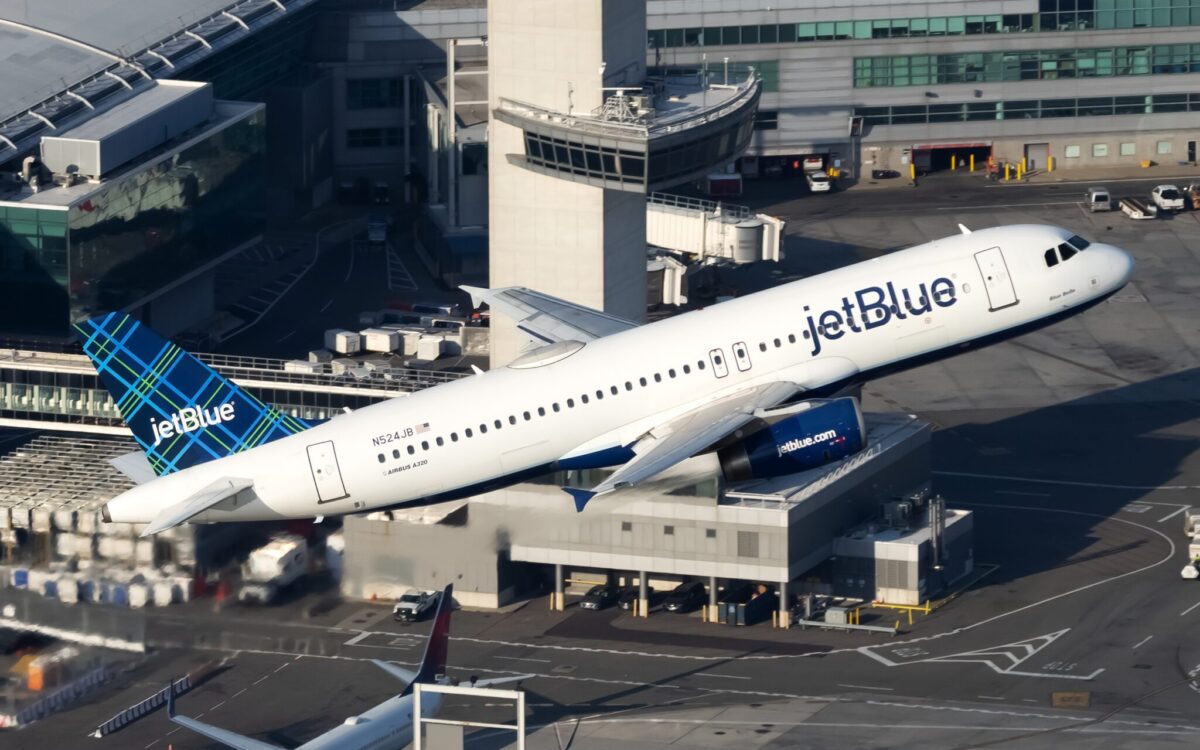U.S. Jobs Data Predict Slowdown in Hospitality Sector Employment

Skift Take
During the next decade, the U.S. hospitality and leisure sector will roughly cut in half its pace of job creation. That forecast provided a humbling context to a Friday’s jobs report, which found that August marked the longest streak of U.S. job growth on record. The predictions also underscored a growing need for worker training.
In August, the U.S. leisure and hospitality sector added 12,000 jobs, the U.S. Bureau of Labor Statistics reported Friday. Out of those, less than 300 were fresh jobs in traveler accommodations. Hotels employed 1.98 million workers in August. That implied an all-but-flat, seasonally adjusted level compared with July. Labor shortages have been a megatrend Skift has been tracking this year.
In the next decade, domestic travel companies will look to increase the productivity of existing workers. They’ll automate some tasks, rather than create more jobs, said the bureau’s analysts.
Less Long-Term Hiring
Last year, the U.S. hospitality and leisure sector — which includes hotels, restaurants, concert venues, and museums — employed 16.7 million workers as of August’s seasonally-adjusted numbers.
But a decade from now, in 2028, the sector is forecast to employ 17.9 million workers. That would represent a workforce rise of merely 0.9 percent.
If true, then the pace of employment growth for the sector would be less than half the 2 percent pace of employment growth that the leisure and hospitality sector enjoyed during the booming decade after the 2007 financial crisis.
By comparison, the leisure and hospitality sector job growth of 0.9 percent a year is still greater than the service-providing sector as a whole, which will grow at a projected rate of 0.6 percent a year.
But despite remaining a vibrant industry, domestic U.S. travel will need to adjust its workplace training and tech investment to drive more productivity per worker.
Rethinking Retraining
A separate survey of employers by IBM points to skills gaps. Many of these skills are “soft,” or “core,” skills that schools typically don’t teach. Behavioral skills, such as communication, teamwork, and customer-first empathy, often require in-person workshops run over sustained schedules.
The sector faces a technical skills gap, too.
“Many housekeepers and hotel maintenance workers have little to no practice with using online services or software, which is reality that management can sometimes forget,” said Connie Rheams, vice president, hospitality at Beekeeper, maker of an online tool for workplace communication.
Several companies are attempting to help the hospitality industry with hiring and training.
Typsy aims to address the issue by creating relevant online courses. The videos automate and support in-person training. Typsy shoots the lessons on location, with instructors from hoteliers and top hospitality schools like École Hôtelière de Lausanne.
At the level of operations and management, technical and strategy skill gaps also are appearing as hoteliers have to come to terms with automation and other digital challenges.
In August, Techtalk.travel debuted, offering knowledge-sharing via a subscription service. Its educational content is aimed at hoteliers in positions like revenue management or marketing but also for students and owners. Mobile apps deliver educational content via videos or podcasts.
Meanwhile, Hosco has been growing as a global job network and recruitment tool for hospitality professionals, employers, and universities only. More than 270 schools and universities and more than 5,500 employers use the service, the organization said.
Subscribers to Skift Research can read our report U.S. Accommodation Sector: Skift Research Estimates 2019.





